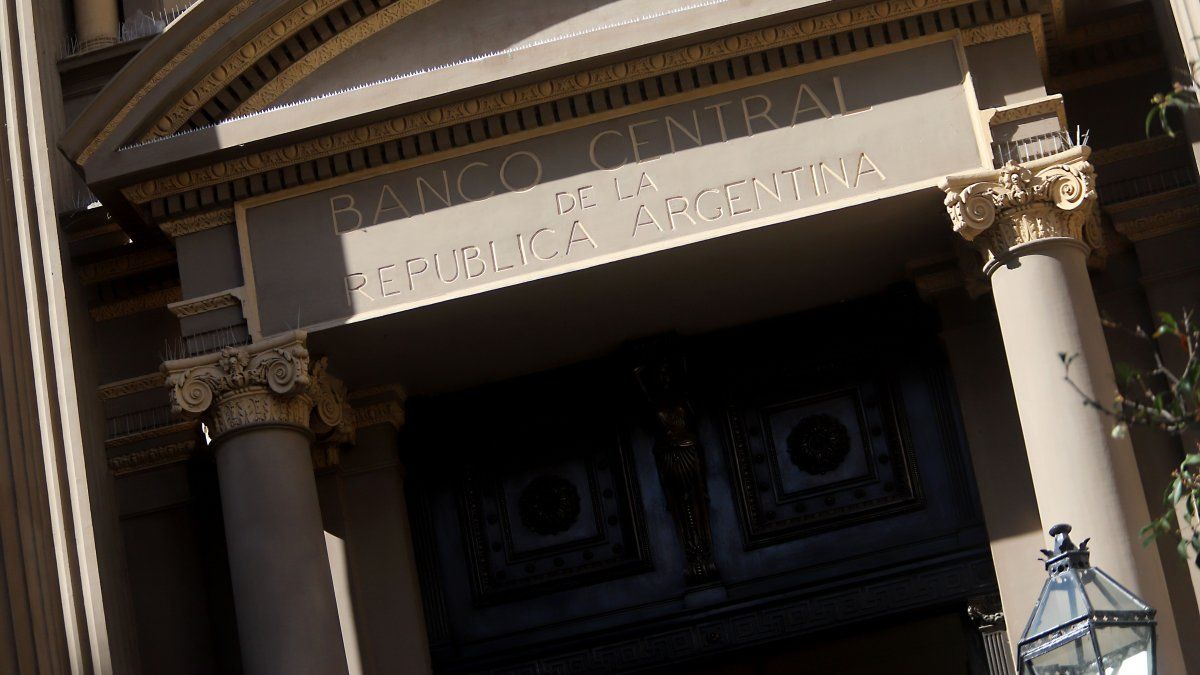Image: VKI
This time the inglorious title went to “Paw Patrol Water”, a still water intended for little fans of the popular children’s animated series, which is bottled in disposable plastic bottles in Greece.
“Paw Patrol water” had an unnecessarily long transport route, the consumer advocates pointed out water from the tap as a good alternative, and around a third of the participants were said to be most annoyed by this fact. The Spar trading group, one of several sellers of the colorful plastic containers in Austria, justified the water import by saying that only there was a bottler that produced the specially shaped bottles in the required quality. “Packaging is the main criterion for stocking the product in the range.” Consumers often refill the bottles with drinks, and “Paw Patrol water” is much healthier than soft drinks containing sugar.
- more on the subject: Bad Ischler pasta salt “advertising insult of the year” because of price extortion
Refilling problematic
“In principle, it is pleasing to encourage children to drink water instead of sugary soft drinks through the playful presentation of a product,” said VKI nutritionist Teresa Bauer. But that doesn’t justify importing water from Greece to water-rich Austria for this drink. She sees the argument of refilling as problematic: “This could, among other things, cause microplastics to come loose and enter the bottle contents.” Refillable bottles made of glass or stainless steel are better.
“Shrinkflation”
Ovaltine drink powder took second place. Its filling quantity “has been subjected to shrinkage treatment twice since 2022 – from 1,000 grams to 900 and then 750 grams.” Compared to the 1,000 gram pack, the 750 gram version is up to 33 percent more expensive – “a classic case of shrinkflation,” according to the VKI. Manufacturer Wander AG justified itself with increased production costs.
The “Obsties” product line from Alete came in third place. The presentation and the statement “no added sugar” would give the impression of a healthy fruit snack for small children. “In the small print, however, you learn that these snacks consist of around 75 percent sugar and are therefore more likely to be considered sweets,” say the consumer advocates.
For the manufacturer, Deutsche Milchkontor GmbH (DMK), the sugar content is not a problem; “Obsties” are intended for in-between meals. In addition, reference was made to scientific recommendations according to which up to ten percent of the daily energy requirement can be covered by sweet or savory snacks or a maximum of five percent of the total energy requirement can be covered by free sugars. The inconspicuous additional information that the product naturally contains sugar is easy to overlook, criticized Bauer.
My themes
For your saved topics were
new articles found.

info By clicking on the icon you can add the keyword to your topics.
info
By clicking on the icon you open your “my topics” page. They have of 15 keywords saved and would have to remove keywords.
info By clicking on the icon you can remove the keyword from your topics.
Add the topic to your topics.
Source: Nachrichten




